Technical physics
At a glance
Academic degree
Bachelor of Engineering (B.Eng.)
Form of study
Full-time
Standard period of study
7 semesters (incl. practical semester), 210 ECTS
Place of study
Language of instruction
German
Start of studies
Winter and summer semester (October 01 and March 15 respectively)
Admission requirements
University entrance qualification, entrance qualification for universities of applied sciences, vocational qualification or foreign educational certificate
Orientation semester
Individual modules can be taken as part of an orientation semester
Studying with a practice partner
Semester abroad
Possible as a theoretical or practical semester
Accreditation
accredited by the Accreditation Council
Registration
02.05. – 30.09. (winter semester)
15.11. – 14.03. (summer semester)
Profile of the degree program
If you like experimenting and want to apply your knowledge of mathematics, physics, chemistry and computer science in practice, the “Technical Physics” course is just right for you. The special thing about the course in Coburg is that theoretical knowledge is applied directly in workshops. The aim is to combine knowledge from physics, mathematics and computer science by means of a practical problem in such a way that optimal solutions are created.
![]() We want to give our students the opportunity to try out new things, to win, but also to fail sometimes. After all, mistakes are the best way to learn.
We want to give our students the opportunity to try out new things, to win, but also to fail sometimes. After all, mistakes are the best way to learn.
Head of degree program
The course prepares students to apply physics and technology to tackle the technical and social challenges of the 21st century. To make studying really fun, there are regular hackathons where students cooperate with each other, but also compete against each other.
What we value
Intensive insight behind the scenes
In contrast to other engineering courses, studying technical physics allows a more intensive look behind the scenes: the focus is on scientific working methods, mathematical and physical understanding and the “why”. In the course of their studies, students come into contact with highly innovative fields such as touch sensors, alternative fuels and laser applications.
Study internationally
Coburg University of applied sciences and arts offers the opportunity to complete a study or practical semester abroad. To this end, Coburg University of Applied Sciences maintains relationships with foreign partner universities. Further information is available from the university’s Study Abroad service.
What graduates say
Kristin Hopf
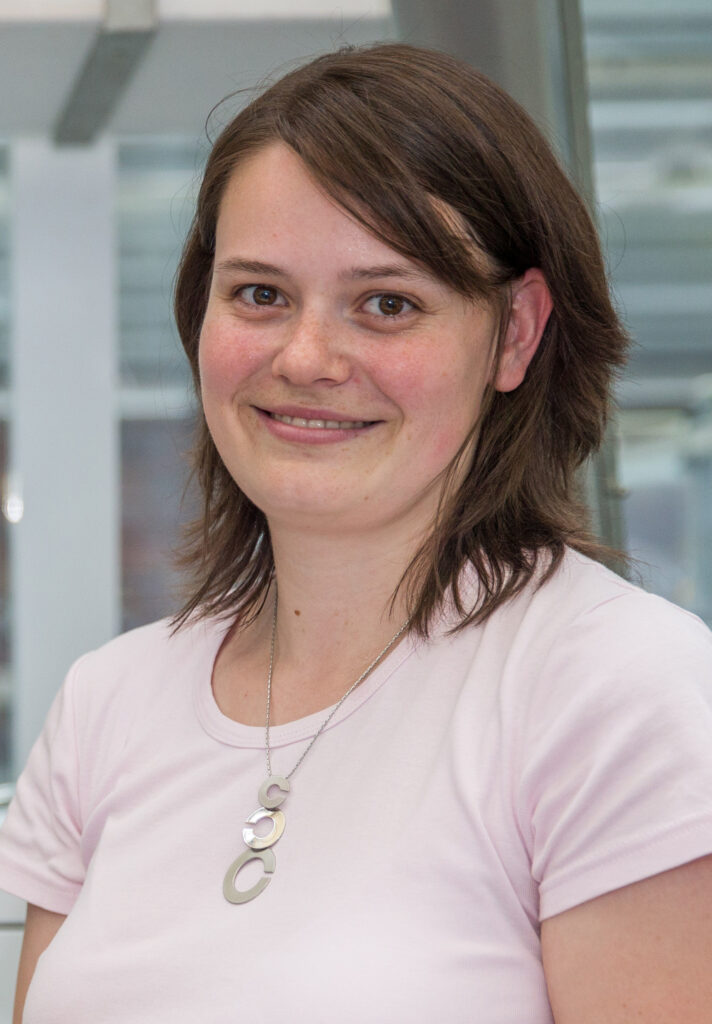
“The Physical Engineering course is characterized by a very good engineering education, which also prepared me for the AIMS(Analytical Instruments, Measurement and Sensor Technology) Master’s degree.
Although the focus is on physics and mathematics, the knowledge I acquired helps me in my current work in the chemistry lab.
Coburg University of Applied Sciences also offers several exchange programs with partner universities.
Companies with which you can make contact during your studies are happy to make use of students from Physical Engineering.”
Kristin Hopf is a doctoral student and project coordinator at the Automotive Technology Transfer Center at Coburg University of Applied Sciences (TAC).
Dr. Martin Schmitt
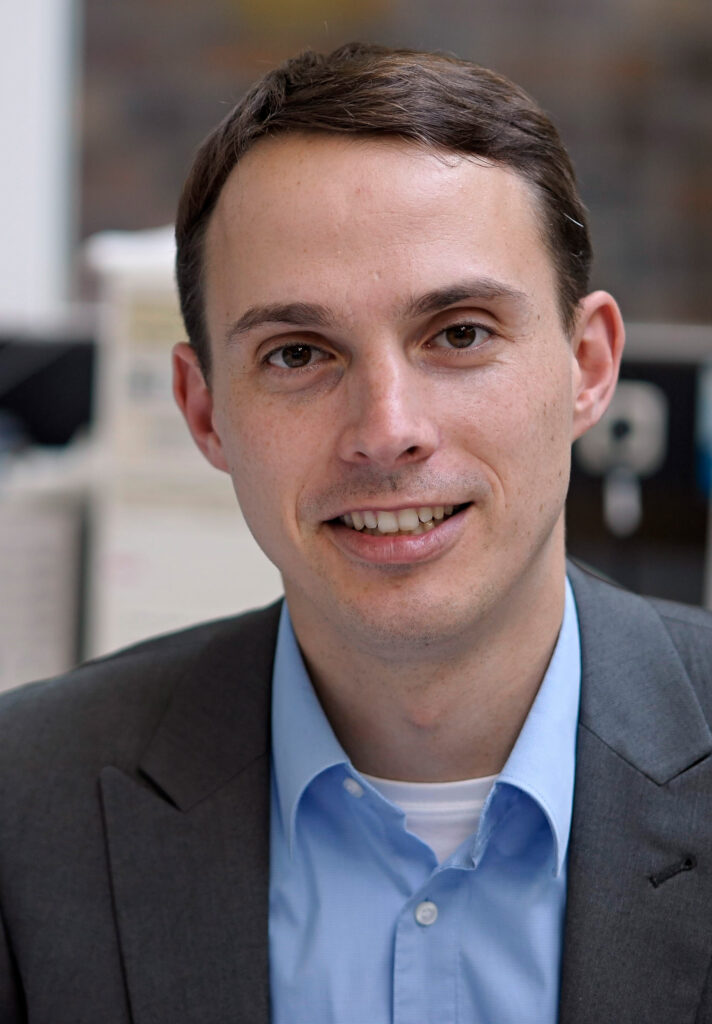
“The Technical Physics course combines engineering and scientific content, such as electronics, measurement and control technology or design, with scientific knowledge, such as physics and chemistry. This gives you a broad basis for your future work in industry. After studying technical physics, I dealt with sensor and actuator technology in depth during my doctorate. This specialist knowledge combined with the knowledge I gained during my studies forms the basis for my current job.”
Dr. Martin Schmitt is a technical project manager at Valeo Klimasysteme GmbH Bad Rodach.
Lucas Ebersberger
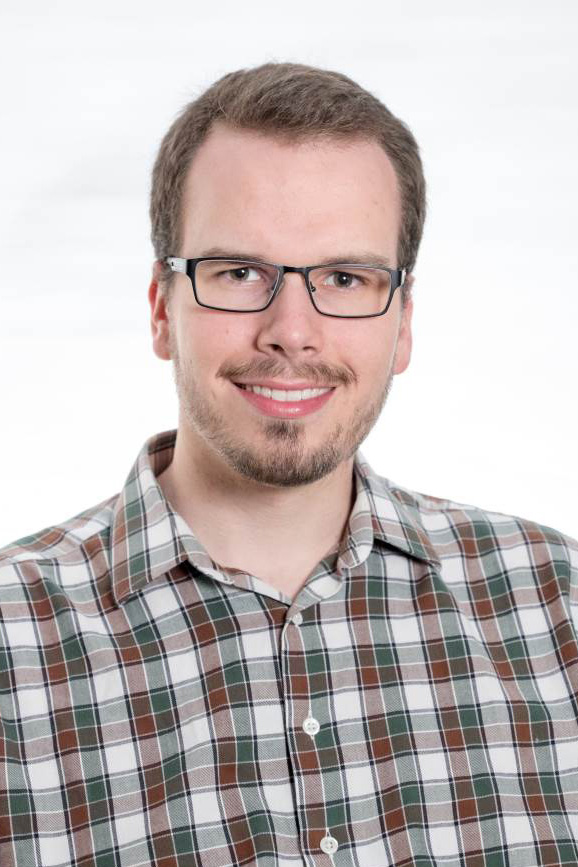
“E-mobility is one of the big buzzwords when it comes to the vehicles and transportation of the future. I work at the interface between the “old” and the “new” world. I plan and carry out climate and environmental tests on control units for cars, as well as analyzing them. Studying physical engineering at Coburg University of Applied Sciencesprepared meexcellently formy day-to-day work.
I need a technical understanding of both mechanics and electrical engineering.
But physics and software are not neglected either.
The interdisciplinary approach of the course was a special feature for me, which I still appreciate today.”
Lucas Ebersberger is a test engineer at ZF Friedrichshafen AG in the E-Mobility Division at the Auerbach site in the Upper Palatinate.
Dr. Rebekka Taubmann
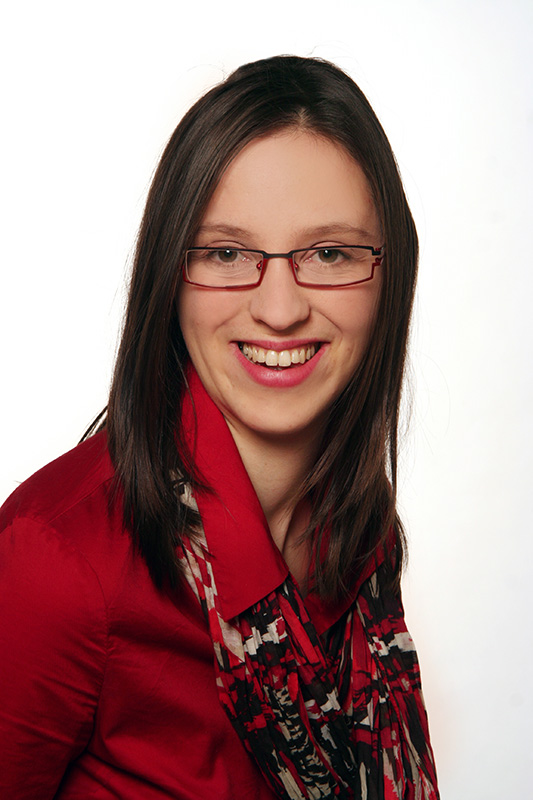
“The wide range of technical physics not only makes the course very exciting, but also the subsequent professional activity.
The content is diverse – from physics, chemistry and mathematics to electrical engineering, materials science and measurement and control technology. It is precisely this diversity that benefits me greatly in my professional life.
My tasks include, accompany all the processes involved in the development of new technologies – from the basic concept idea to carrying out calculations and preliminary tests on prototypes through to series production.
This also includes coordinating various specialist departments such as mechanics, electronics, software, laboratory and documentation.
Studying technical physics prepared me excellently for this.”
Dr.-Ing. Rebekka Taubmann is project manager and product manager at NETZSCH Gerätebau GmbH.
Course content and procedure
The Technical Physics course combines engineering and scientific content. Teaching content comes from the fields of physics, chemistry, mathematics, electrical engineering, materials science and measurement and control technology.
Basic studies (1st and 2nd semester)
- Mathematics 1 + 2: Differential calculus and linear algebra; integrals and ordinary differential equations
- Computer science: Applied computer science and computer-aided measurement technology
- Physics 1 + 2: electricity and ray optics; mechanics, vibrations and waves
- Physics-Mathematics-Computer Science Workshop 1 + 2
- Chemistry
Main studies (3rd to 7th semester)
- Design fundamentals and CAD
- Math 3 + 4: Multidimensional and vector analysis; Partial differential equations and integral transformations
- Physics-Mathematics-Computer Science Workshop 3 + 4
- Physics 3 + 4: Thermodynamics and fluid mechanics; electrodynamics and wave optics
- Computer-aided measurement technology
- Materials science
- Control engineering
- Physics 5 + 6 (Quantum Mechanics and Atomic Physics; Solid State Physics)
- Student project
- Bachelor thesis and bachelor seminar
Students can also choose from a wide range of electives on interesting and current topics, e.g. fuel analysis, laser technology or technical acoustics.
Practical semester (5th semester): incl. practical courses
Practice during studies
Practical semester
The practical semester usually takes place in the fifth semester. It comprises a continuous period of 18 weeks. Students also attend practical courses.
Studying with in-depth practice (PraxisPLUS)
A degree course with in-depth practical experience (PraxisPLUS) offers the opportunity to gain up to 50 percent more practical experience during the course of your studies – without extending the duration of your studies. The prerequisite is a work contract with a company/institution. Students can apply their knowledge from the lecture directly at work. The work in the company is remunerated. This in turn makes it easier to finance their studies.
Job & Career
Physics engineers can be found wherever physical phenomena are translated into innovative technologies, e.g. in the development departments of companies or in research institutes. During their studies, students are trained in a way of thinking that is applied in industry. This makes it possible to work in a wide range of fields that may not seem so obvious at first glance. The scientific and engineering training opens doors to almost all branches of industry. The activities of our graduates range from environmental measurement technology, aerospace technology and tasks in the automotive industry to tasks in a major research facility such as CERN.
Transfer to a university master's degree in physics
Avoid losing time when transferring to a Master’s in physics at universities (such as TU Ilmenau) by taking a special preparatory elective in theoretical physics. This eliminates the need to catch up on exams from the university’s Bachelor’s program.
Do another master's degree!
After successfully completing their Bachelor’s degree, committed graduates have the opportunity to gain further qualifications in a Master’s course. Coburg University of applied sciences and arts offers the Master’s degree courses Simulation and Test and the international Master’s degree course Analytical Instruments, Measurement and Sensor Technology (AIMS), among others. You can find an overview of which other Master’s degree courses you can combine with your Bachelor’s degree here.
Insights
You are currently viewing a placeholder content from YouTube. To access the actual content, click the button below. Please note that doing so will share data with third-party providers.
More InformationYou are currently viewing a placeholder content from YouTube. To access the actual content, click the button below. Please note that doing so will share data with third-party providers.
More InformationCurriculum and examination regulations
The module plan provides an overview of the structure of the degree program.
The module manual provides information on the content of the individual modules. The study and examination regulations forms the legal basis of the degree program. Questions about the content of the degree course will be answered by the course advisor Prof. Dr. Wolfram Haupt.
Study Ambassador
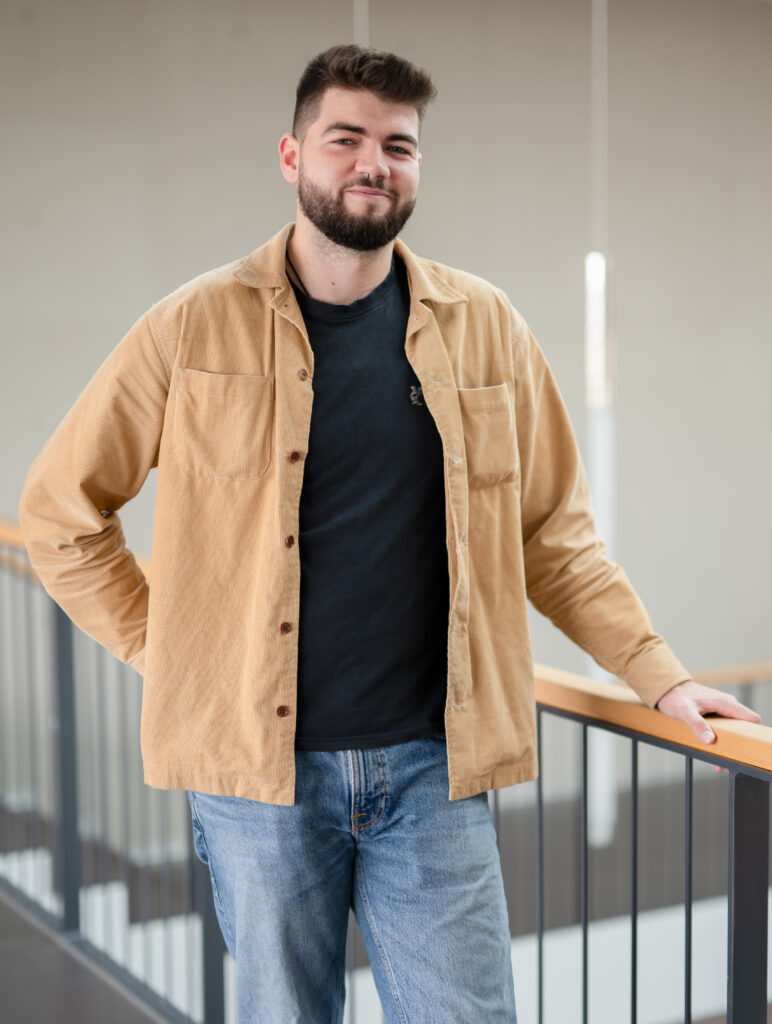
I’m Christian Adler and I’m a student ambassador for the Technical Physics course.
As I study at Coburg University of applied sciences and arts, I can answer your questions directly.
So if you want to know what the course is all about or what it’s like to live in Coburg, just send me an e-mail: christian.adler@stud.hs-coburg.de.


